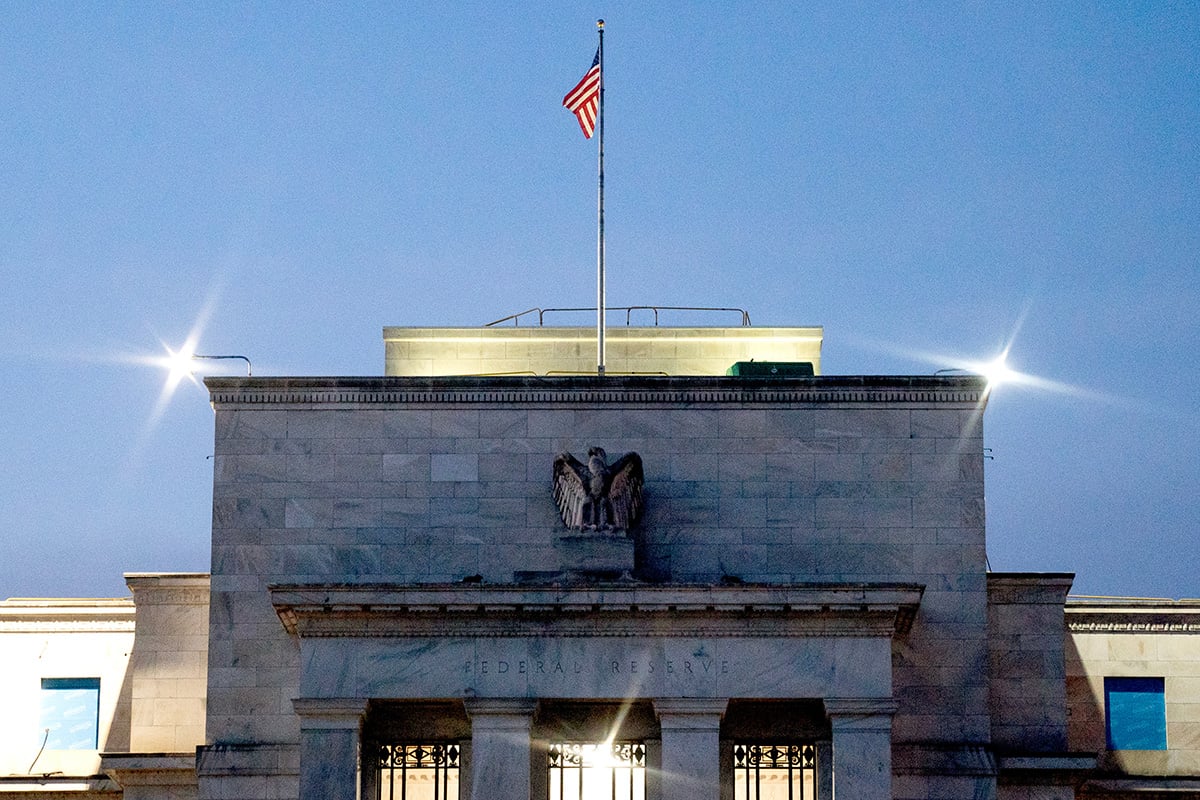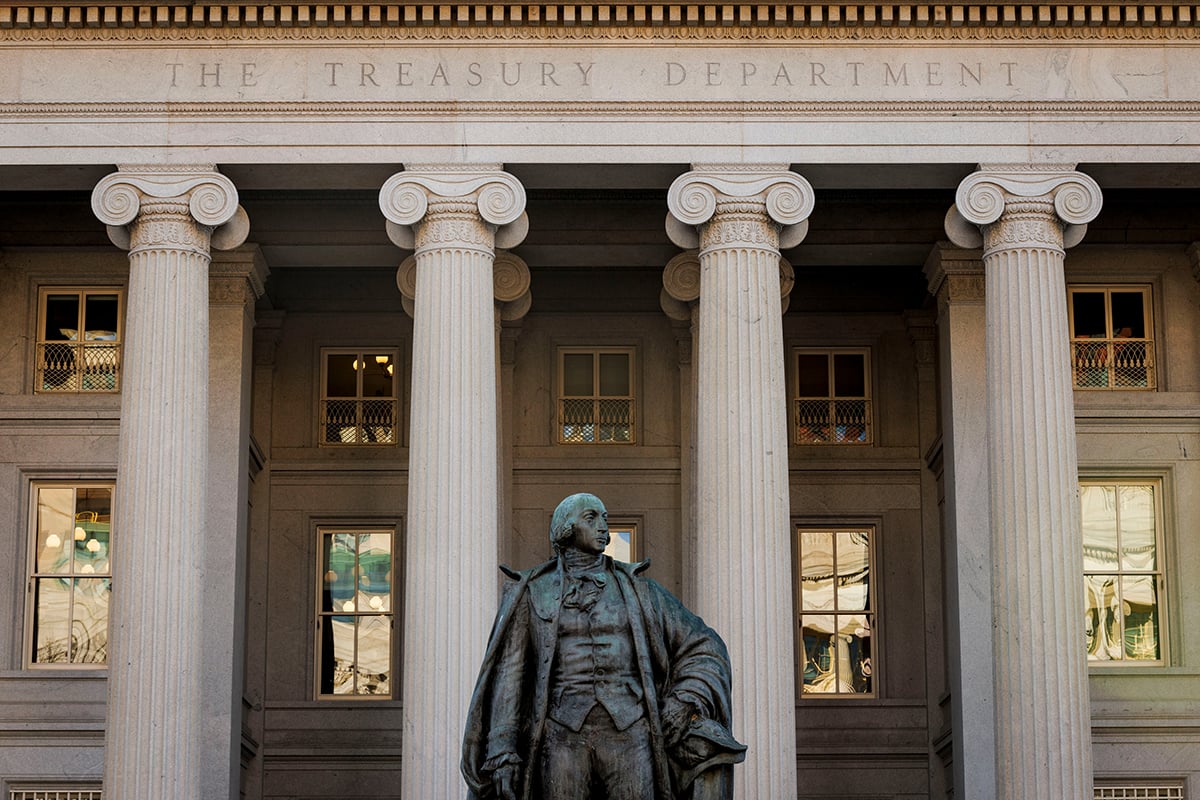Netflix Inc. sold $1.6 billion of bonds, its largest-ever dollar-denominated sale, to help it develop and produce new hit series like "Stranger Things."
The 10.5-year junk-rated notes, which can't be bought back, yield 4.875%, within the range of initial talk of between 4.75% and 5%, according to a person with knowledge of the matter, who asked not to be identified because the details are private.
The world's largest online television service is burning through cash as it invests in programming to fuel subscriber growth. Investors have clamored for the company's debt as extremely low interest rates on government bonds prompt them to buy riskier and higher-yielding assets. That allowed the home of "Master of None" and "House of Cards" to boost the size of a euro-denominated offering in April.
Recommended For You
It seems to be working. Netflix added around 5.3 million customers in the three-month period through September—its best quarter since the end of last year. The company has doubled its debt to almost $5 billion over the past 18 months and may sell another $3 billion of bonds by this time next year, according to a Bloomberg Intelligence report from last week. It plans to spend as much as $8 billion next year.
"We don't expect that this will be the last time Netflix will tap the debt markets in the near-term to fuel its cash-burning growth," CreditSights analysts Lindsay Pacia Gibbons and Jay Mayers said in a report Monday.
Representatives from Netflix declined to comment.
Moody's Investors Service assigned the debt a rating of B1, four steps below investment grade, with a stable outlook. However, Netflix's outstanding 4.375% bonds due 2026 trade closer to a higher-quality ratings group. They were yielding about 4.3% on Monday, compared with 4% on BB rated bonds and a 5.2% yield on debt issued by B rated companies—the lowest level in three years, Bloomberg Barclays index data show.
Investors were similarly willing to shrug off negative cash flow and rising debt for Tesla's debut bond sale in August, which was increased to meet demand. John McClain, a portfolio manager who helps oversee $21 billion of assets at Diamond Hill Investment Group, said he prefers Netflix to Tesla because it's a more proven concept with a better balance sheet, but won't buy this issue as Netflix's debt doesn't sufficiently compensate for interest-rate risk.
"It's not a great idea to lend to a company that burns cash for 10-plus years at 5% or below," McClain said, noting that he would have considered getting involved if the yield was closer to 6%. "There will be a better entry point driven by higher rates or a deterioration in company fundamentals down the road."
That's also a point of concern for Ricky Liu, a high-yield portfolio manager at HSBC Global Asset Management, who's been looking to invest in securities with maturities in the five- to eight-year range. While investors have yet to really push back, 10-year bonds being marketed at yields in the area of 4.5% to 4.75% will likely be hit first when lenders start to question deals related to duration risk, he said.
"It hasn't really translated to the actual coupon levels, but on a secondary level, we're already seeing some fatigue with these low coupon 10-year bonds," Liu said. "If there's some change like negative flows or more new issuance to drive supply and demand, we will see push back on these new issues."
Household Name
Part of Netflix's appeal to investors is its strong management and that it's a household name, said Rahim Shad, a senior analyst in high-yield credit research at Invesco. But fulfilling the company's aspirations to spend its way to more market share while staying within its capital structure could prove difficult, he said.
"The credit upside here is going to be limited unless this company gets bought out by an IG company," Shad said, referring to investment-grade companies like Apple, Amazon.com and Walt Disney as potential suitors. "Can it become a strong double-B name? Certainly, that's what the runway indicates. But are you getting a lot of juice in this deal? No."
While Netflix's debt binge continues to push up leverage, it should drop to around six times earnings before interest, tax, depreciation and amortization by the end of next year, Moody's analyst Neil Begley said in a report on Monday. Earnings growth should outpace that of debt as Netflix makes the transition from licensed to original content and newer international markets improve profitability, he said.
Morgan Stanley, Goldman Sachs, JPMorgan Chase & Co., Deutsche Bank and Wells Fargo & Co. managed the bond sale, the person with knowledge of the matter said.
From: Bloomberg News
© 2025 ALM Global, LLC, All Rights Reserved. Request academic re-use from www.copyright.com. All other uses, submit a request to [email protected]. For more information visit Asset & Logo Licensing.




